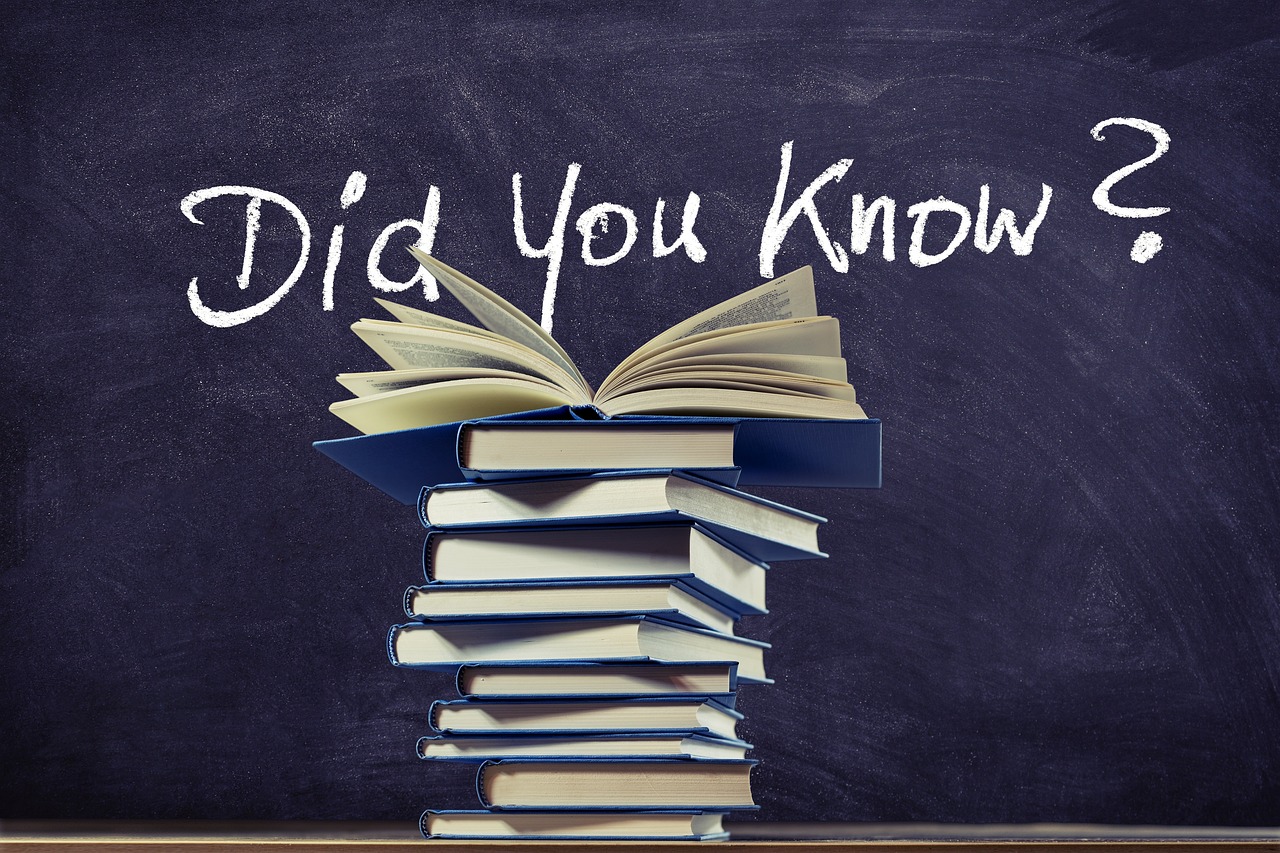Your cart is currently empty!

What is a Beta Reader?
A beta reader acts as a test reader. They won’t post a public review, so if they hate your book, you don’t need to worry about bad publicity. Instead, a beta reader tells you what they liked and what they didn’t. They should point out areas they found problematic, confusing, or boring. Then, you can use their feedback to improve your story before agents or customers read it. Remember, you are in control. Sounds great, right? It definitely can be! But there is often confusion about what exactly a beta reader does.
Here’s what you should know.
What do beta readers do?
Unlike ARC readers, beta readers typically read your story before professional editing. Authors often send a list of questions for beta readers to answer. But beta readers might also provide a letter or report that highlights their thoughts during the reading process. These letters are typically informal and are meant for the author’s eyes only. It is then up to author whether to use the beta reader feedback to make changes to their book. This is why choosing the right beta readers is so important. So, what makes readers the right readers? Here are some things to keep in mind when choosing your betas:
- Are the beta readers trustworthy?
- Is the reader a genuine fan of your genre?
- Does your book contain trigger warnings that aren’t okay with the reader?
- Do you think the reader is comfortable providing negative feedback if it applies?
(The above are only a few examples. You might want to consider several other factors when choosing the right beta readers.)
What does a beta reader look for
Beta readers generally don’t look for technical issues, such as missing commas or extra spaces. They do look at big-picture issues that could possibly damage the reading experience. (However, remember that beta readers aren’t developmental editors. A beta reader provides you with a reader’s perspective. A developmental editor provides you with an editor’s perspective.)
Plot holes and development
No one likes a plot hole, but the good news is that proficient beta readers are great at finding them. It’s often difficult to identify plot holes yourself, and there might be more holes in your story than you think. A beta reader can help you understand where they are or what parts of the plot don’t work. For example, a major plot point might seem unrealistic or lack explanation.
Inconsistencies
Have you referred to any characters by the wrong name? Did you say one character has green eyes but later say they are brown? A beta reader can identify inconsistencies, so you can fix them before your book hits the shelves.
Characters
Is your main character likable? Have you done a good job making the reader feel what they’re feeling? Your characters can make or break your story, so it’s important to know what your readers think of them. Beta readers should let you know if they have trouble connecting with your characters and why.
Story pacing and flow
Does your story progress too quickly? Too slowly? Are the scene transitions strong and natural, or do they feel clunky? Story facing and flow matter when it comes to reader experience. No one wants to hear that a reader put their book in the DNF (did not finish) pile. A good beta reader will point out pacing and flow problems.
Readability and engagement
There are so many things that can impact reader engagement. For example, too many distracting dialogue tags can annoy readers, and word choice might not fit the context perfectly. This often happens when authors Google synonyms. Not every synonym works in every context. It’s a good idea to ask your beta reader if they felt confused or bored at any point in the story (and why and when they felt that way).
What is a beta reader: Beta reader feedback
Remember that beta reader feedback matters . . . if it’s from the right reader (i.e., a trustworthy and honest reader who is part of your target audience). When you receive beta reader feedback, you must decide if and how you’ll use it to make changes to your story.
For more information about beta reader feedback and how to use it, see Your Beta Reader Checklist.
Do beta readers correct grammar?
Generally, beta readers do not correct grammar. This is best left to professional copy editors and proofreaders. However, a beta reader should mention it if the number of errors are distracting. Keep in mind that experienced beta readers understand your story likely hasn’t been professionally edited yet. So, a few typos or misplaced commas aren’t likely to bother them.
Benefits of a beta reader
There are numerous benefits to using the right beta reader.
- Beta readers can identify problems before you send your story to agents or publish it.
- A beta reader provides you with a reader’s perspective, so they might find things that even editors miss.
- You can use beta reader feedback to improve your story, which can increase sales, lead to more positive reviews, and help your book become more successful.
Are you ready to enlist a beta reader? At Beta Reader Bookings LLC, we match authors’ manuscripts with readers who are part of their target audience. And our readers have already been vetted. That means that when you order a beta reading service through us, we’ll ensure you get the right type of beta reader (assuming we have a reader available for your genre and market.) If you have questions or want to know if we have the right reader for your work, you can email us at [email protected].

